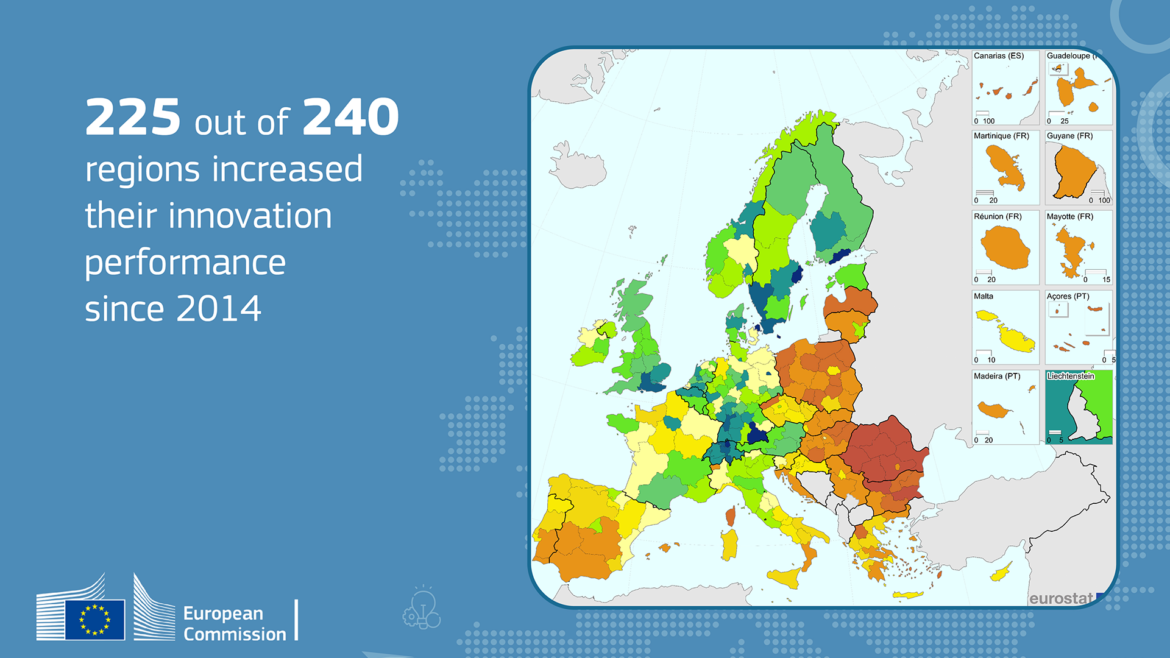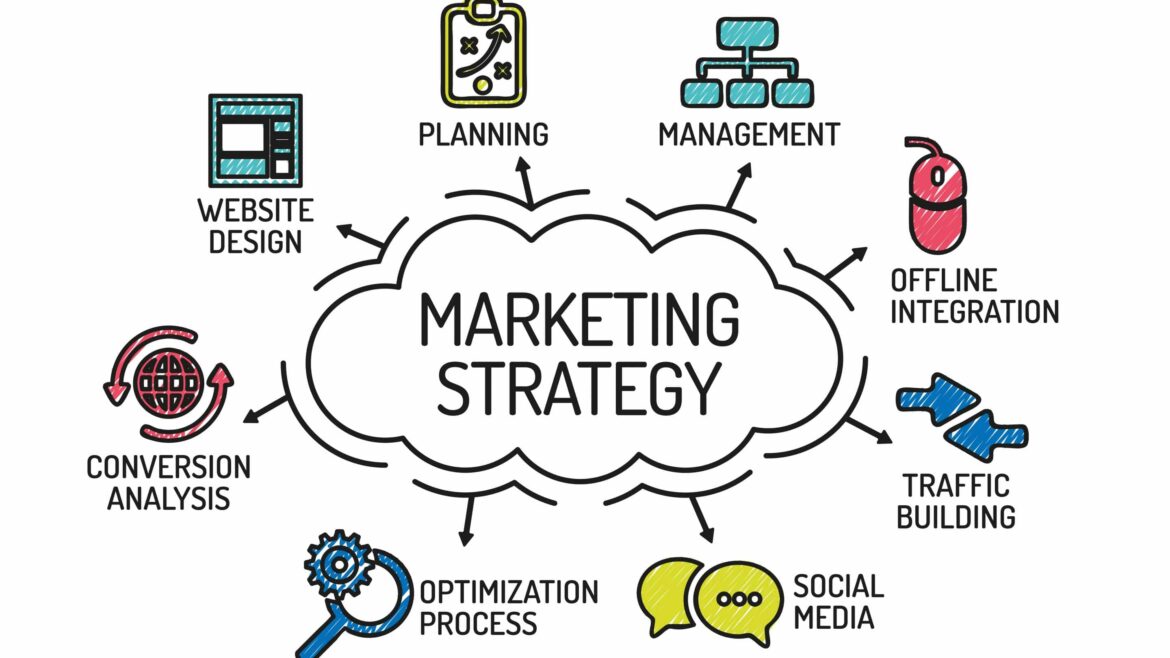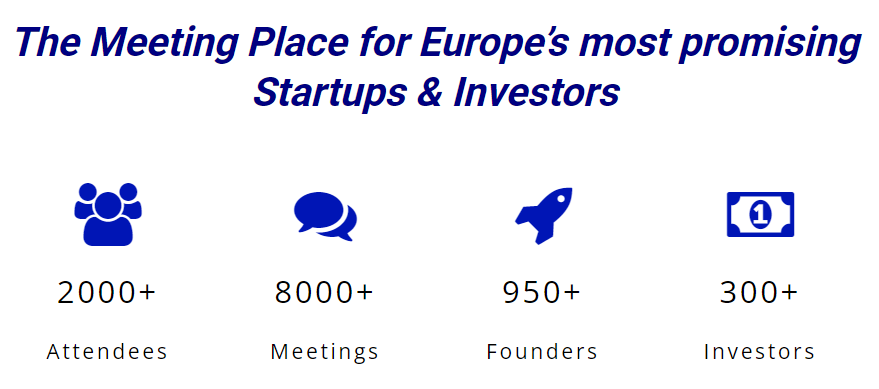Secrets of Startup Financial Management
Secrets of Startup Financial Management https://theraise.eu/wp-content/uploads/2024/04/Financial-Management-1024x576.jpg 1024 576 RAISE fosters startup growth and scale-up within and across Europe https://theraise.eu/wp-content/uploads/2024/04/Financial-Management-1024x576.jpgFor the entrepreneurship, financial management stands as a cornerstone of sustainable growth and prosperity. For startups navigating the turbulent waters of business development, mastering the intricacies of financial management is paramount. Today, we unveil a roadmap to success, offering insights and strategies to guide aspiring entrepreneurs towards sound financial stewardship.
At the outset, crafting a comprehensive budget serves as the linchpin of effective financial management. This entails meticulous planning to allocate resources judiciously across various operational facets, from personnel expenses and overhead costs to marketing initiatives and research and development. A well-structured budget provides a roadmap for prudent resource allocation, safeguarding against overspending and promoting financial discipline.
Diversification emerges as a central tenet in revenue generation strategies. Startups are encouraged to explore multiple revenue streams, leveraging product sales, subscription models, and strategic partnerships to fortify their financial footing. By diversifying income sources, startups mitigate risk and enhance resilience, ensuring sustained revenue growth amidst fluctuating market conditions.
The pursuit of funding represents a pivotal stage in the startup journey. While securing external investment can catalyze growth and expansion, entrepreneurs must exercise prudence to maintain control and preserve equity. Whether through bootstrapping, angel investors, or venture capitalists, founders are urged to strike a delicate balance between ambitious aspirations and prudent financial stewardship.
Moreover, cultivating financial literacy among startup founders is imperative. Armed with a nuanced understanding of financial principles and instruments, entrepreneurs are empowered to make informed decisions and navigate complex financial landscapes with confidence. From interpreting financial statements to evaluating investment opportunities, a foundation of financial acumen equips founders with the acuity to steer their ventures towards sustainable success.
In essence, the path to startup success is paved with strategic financial management and astute decision-making. By adhering to prudent budgeting practices, diversifying revenue streams, navigating funding avenues judiciously, and fostering financial literacy, entrepreneurs can chart a course towards prosperity and longevity in the competitive business arena. As startups embark on their entrepreneurial odyssey, let these insights serve as a beacon, illuminating the path to financial resilience and sustainable growth.
Photo via L.A. Consult













